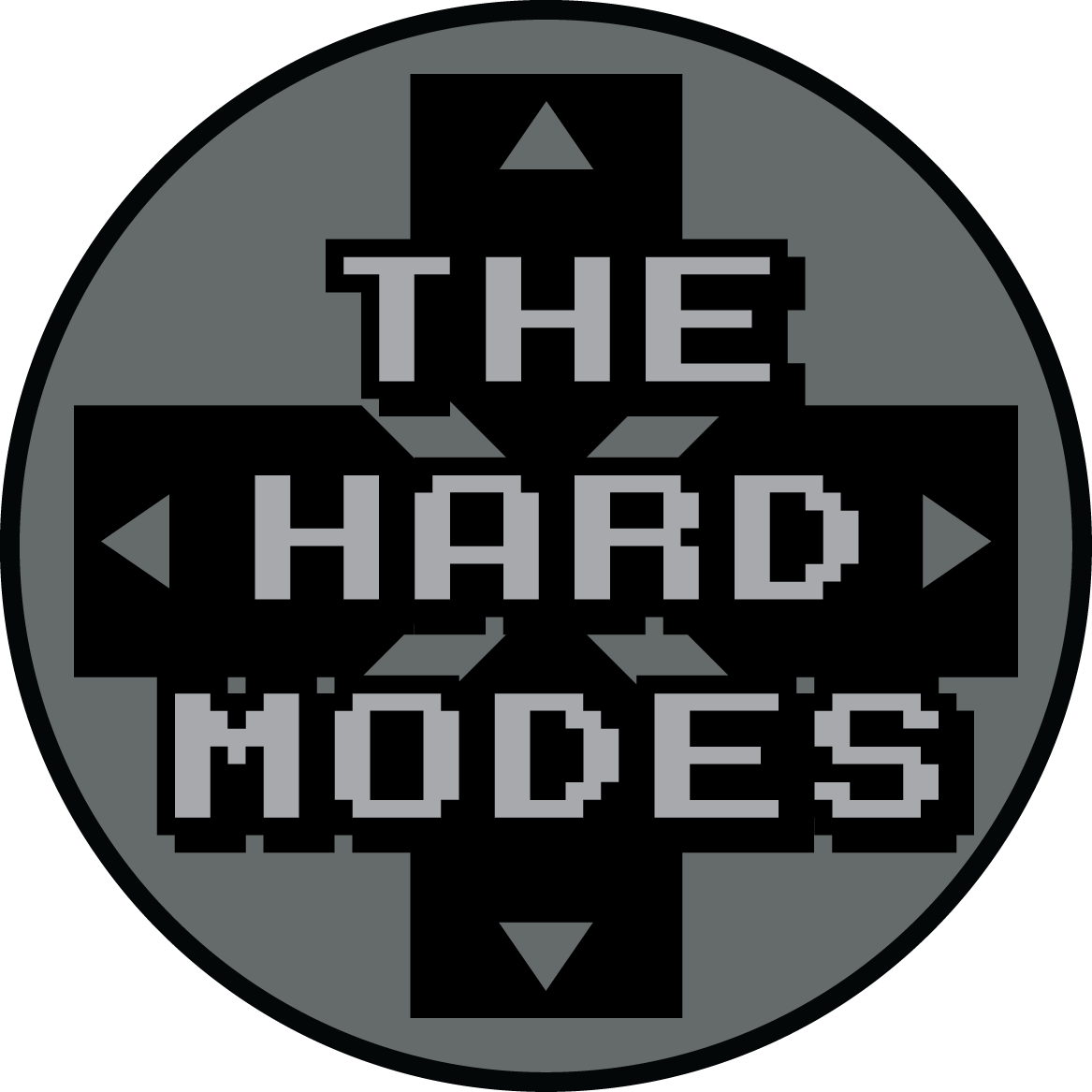
The works below are licensed under a Creative Commons Attribution-NonCommercial-NoDerivs 3.0 Unported License and ©2013 Gregory Weaver.
It's been a long time coming, but I finally got around to remastering the first track that I ever did for this blog, "Woods Theme" (or "Theme for the Woods," as I called it in earlier posts).
NOTE FROM THE FUTURE: I *now* call it "Heart of the Woods"!
I've said it once and I'll say it again: I usually do my larger-scale compositions in Finale first, which doesn't have quality sound samples. So, I always aim to go back and remaster the tracks I write in Finale by putting them into Logic and using better samples, as well as by making my own mix instead of using what Finale does automatically.
It feels good to get one under my belt. It's definitely not my favorite part of the creative process, but it certainly is fulfilling when you finally feel satisfied with a mix. There's so much to be very meticulous about, and if you don't have a ton of experience in that world, it can be maddening. Luckily, I have the time right now to stop, let my ears rest, and then resume later, which makes things better on the mental side. Arguably, there's always that looming "just get it done!" approach that is very effective for the mind and for productivity [which I skimmed right over]; however, at least for this tune, I wanted to make everything perfect. And I kept on learning up until the last bounce as a result.
Original (Finale):
Remastered (Logic):
I even set the remastered version to someone's walkthrough of The Legend of Zelda: Skyward Sword, below:
While you all have heard some of my other final cuts on tunes that have been produced in Logic, you hadn't yet heard an orchestral piece. As you might imagine, it can take longer to do the production on a piece the more instruments one has because s/he has to make sure that everything is the right balance in every section of a tune. When conducting, a live orchestra, one has the benefit of the musicians knowing what dynamics to play when. They also know how hard to play notes and how to emote passages in the best manner. Everything melds together well due to a combination of the players' training, what's written on the score, and what the conductor is doing.
The computer doesn't know squat. The computer says, "Tell me what to do;" it needs to be babied. How do I play this note? How loud do I play this note? How do I express this note? Oh wait, you mean I express the same passage in the same way the next time I play it? How do I make myself sound good when playing with other instruments? Working with a Digital Audio Workstation like Logic instead of a live orchestra, the composer has to puppeteer the computer to make it do what it needs to do to sound the best it can. Every single instrument needs to be told all of these details. "Woods Theme" has a piccolo, flute, english horn, violin, viola, cello, and contrabass. That's seven instruments (really, the strings are all sections), not to mention there are two different parts for a few of those instruments.
Now, of course, the amount of time it takes to finish a tune can be longer or shorter depending on how musically the composer wants the computer to play the notes. For example, I have the ability of inputting every note, making it perfectly in time, and have every note be played with the same attack and loudness. Conversely, I have the ability to just how each note should be attacked based on my knowledge of how to play passages well and how I want them to sound; I can also choose to play all of the parts in real time as opposed to inputting everything in perfect time to make things sound more human.
Heart of the Woods in Logic
For this tune, I decided to play everything in real time and then adjust the attacks and the time of each note afterwards. Until I get much better at playing keyboard, I don't think I'll be doing that again, haha. Despite things taking much longer, I'm glad I did it this way for the first remaster because I now have a much better idea of how the notes should look when editing them in the piano roll (for those that don't understand, see the graphic above--literally, you can draw notes in that bottom section, which functions in the same way that an old player piano does).
Anyway, I hope that you enjoy listening to the remastered version of "Woods Theme!" More remasters are in the works, as are some more new tunes, so keep an ear out.




